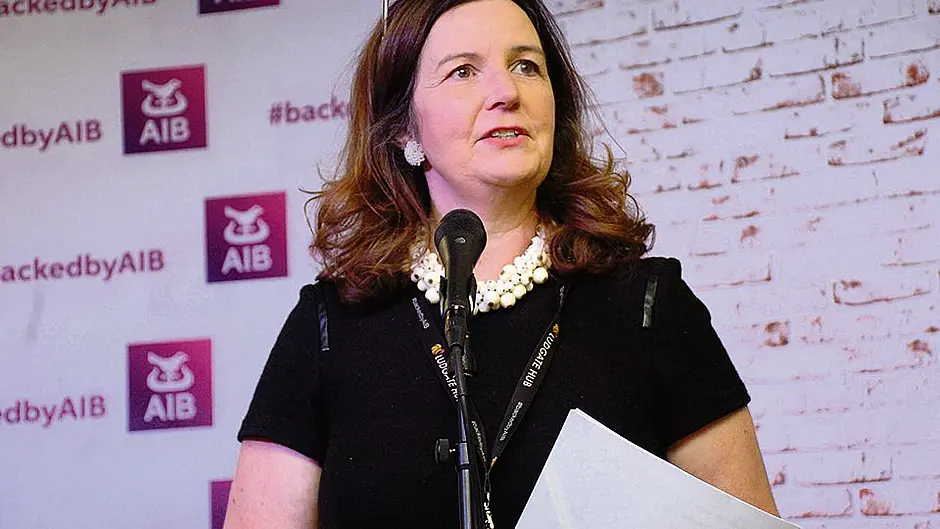Agri Tech day at Ludgate hub in Skibbereen
BY BRIAN MOORE
‘FARMERS in West Cork are ideally suited to taking advantage of the potential and the multiple business opportunities available by linking into the bio-economy,’ bio refinery specialist James Gaffey told a packed Agri Tech Day conference in Skibbereen last week.
Agri Tech Day 2017 took place at the Ludgate Hub and saw farmers from across West Cork gather to explore how to unlock further potential from their agri-business. The bio-economy, and especially bio-refining, is about getting as much out of the materials, both the end product and the waste material, produced every day on the farm.
‘The bio-economy is a relatively new concept,’ James Gaffey said. ‘However, it is nothing unusual when it comes to getting the most out of material produced on our farms.’
By-products, such as slurry and other waste biomass, can be broken down into their individual components, such as proteins, acids or fibres, and then used in the production of other products.
Carbery has the only bio-refinery in operation in West Cork at the moment, but it is the potential of producing electricity on farms from slurry and other organic matter that James Browne of Gas Networks Ireland feels is a major opportunity for Irish farmers.
‘Anaerobic digesters could produce gas locally and it is sustainable,’ James Browne said. This would provide electricity for the farm, but it could also be connected to the national grid, which would provide the farm with another income stream.’
James also highlighted the fact that compressed gas, produced from anaerobic digesters, could be used to power farm machinery. ‘There is a lot of research going on at the moment with Fiat and New Holland looking at compressed gas-powered tractors. This would have the possibility of making a farmer completely self-sustaining when it comes to providing power for the farm.’
One farmer who has already decided to invest in an anaerobic digester is Tim Leahy, a tillage farmer from North Kerry. Tim told the conference that, while his farm had the potential of not only providing energy for his business and the local community through the national grid, his anaerobic digester would provide the local dairy farmers an outlet for excess slurry.
‘We want to be able to produce electricity from the biomass on the farm,’ Tim said. ‘It has taken us 10 years but we now have planning in place and a go ahead on a grid connection.
‘However, the journey to this point was not easy and was very expensive. If we want to roll this out across the country, we need to have more supports in place and an understanding that this is way forward to meet the energy demands for the future.’








